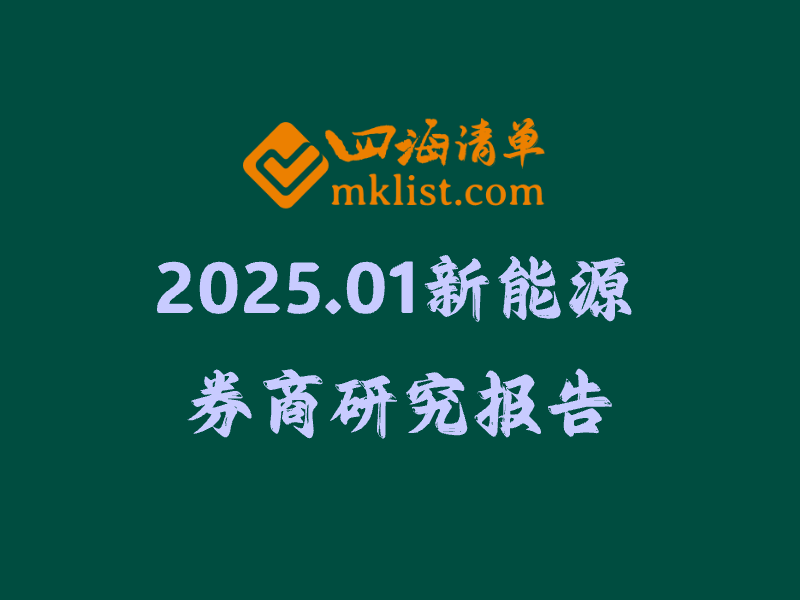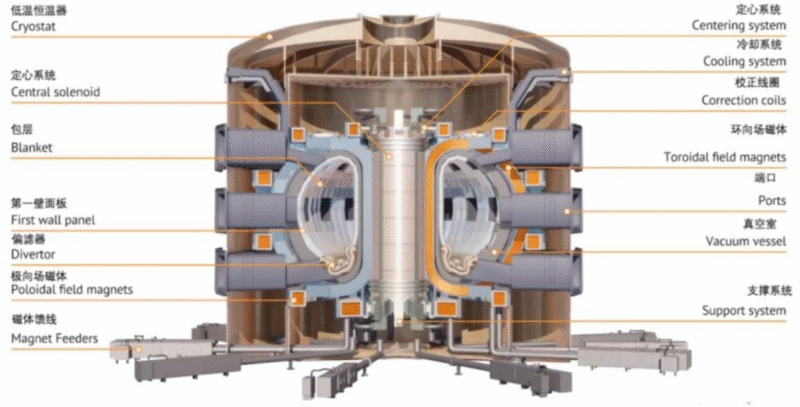Since its inception in 2018, Tracking SDG 7: The Energy Progress Report has become the global reference point for information on the realization of SDG 7. It is produced annually by five of the custodian agencies responsible for tracking global progress toward Sustainable Development Goal 7 (SDG 7), which is to “ensure access to affordable, reliable, sustainable, and modern energy for all.” The custodians developing the report are the International Energy Agency (IEA), the International Renewable Energy Agency (IRENA), the United Nations Statistics Division (UNSD), the World Bank, and the World Health Organization (WHO).
The report offers the international community a global summary of progress on energy access, energy efficiency,
renewable energy, clean cooking, and international cooperation to advance SDG 7. It presents updated statistics for each of the indicators and provides policy insights on priority areas and actions needed to spur further progress on SDG 7, as well as related SDGs. Figure ES.1 offers an updated snapshot of the primary indicators for the most recent year.
Despite some progress across the indicators, the current pace is not adequate to achieve any of the 2030 targets. As in previous years, rates of progress vary significantly across regions, with some regions making substantial gains and some slowing their progress or even moving backward. Among the major economic factors impeding the realization of SDG 7 globally are the uncertain macroeconomic outlook, high levels of inflation, currency fluctuations, debt distress in a growing number of countries, lack of financing, supply chain bottlenecks, tighter fiscal circumstances, and soaring prices for materials. The effects of the COVID-19 pandemic and the steady rise in energy prices since summer 2021 are expected to be a urther drag on progress, particularly in the most vulnerable countries and those that were already lagging behind.
© 版权声明
免费分享是一种美德,知识的价值在于传播;
本站发布的图文只为交流分享,源自网络的图片与文字内容,其版权归原作者及网站所有。
THE END
如本文“对您有用”,欢迎随意打赏作者!
.jpg)

















暂无评论内容